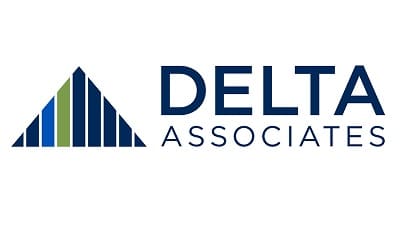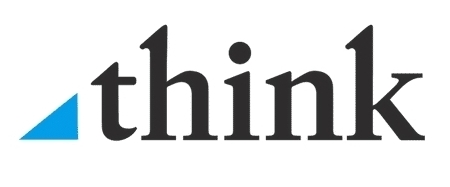
Absorption dropped across the Baltimore metro area significantly by 87%. A year ago, annual absorption was quite strong with 2,205 units compared to just 284 units over the past 12 months. Absorption was abnormally high in 2021 due to the effects of the pandemic, but the rapid drop in absorption over the past year was caused by a lack of new product and an increase in vacancy. There are only 984 units that came on the market over the year. Meanwhile, annual rent growth is low at 1.4% across the metro area.
FIRST QUARTER 2023 HIGHLIGHTS
- Stabilized vacancy in the Baltimore metro area increased 60 basis points from 2.8% a year ago to 3.4%. The vacancy rate in the suburbs is up by 50 basis points from 2.3% a year ago to 2.8%.
- Average effective rents in the metro area are $2,021 ($2.13 per SF). Rents are up over the year by 1.4% metro-wide. Rent growth was strongest in the Southern Suburbs – up by 2.5%, followed by Baltimore City with a 0.8% increase. Rent growth in the Northern Suburbs was up 0.4% over the year ending March 2023.
- Absorption over the year was just 284 units, which was 87% lower than a year ago. This significant drop in absorption is due to the lack of deliveries over the year in the market and a rise in vacancy.
- The supply pipelinemetro-wide experienced a 42% increase over the year. There are 6,188 unleased units under construction or planned for delivery in the next 36 months in the metro area after attrition. In Baltimore City, the 36-month development pipeline is up by 51%.
- Per project lease-up pacefor the five actively marketing projects in the Baltimore metro area currently averages 12 units per month, down six units from the same period last year.
Delta Associates, the research affiliate of Transwestern, is a firm of experienced professionals which has been providing consulting and subscription data services to the commercial real estate industry for over 40years.











